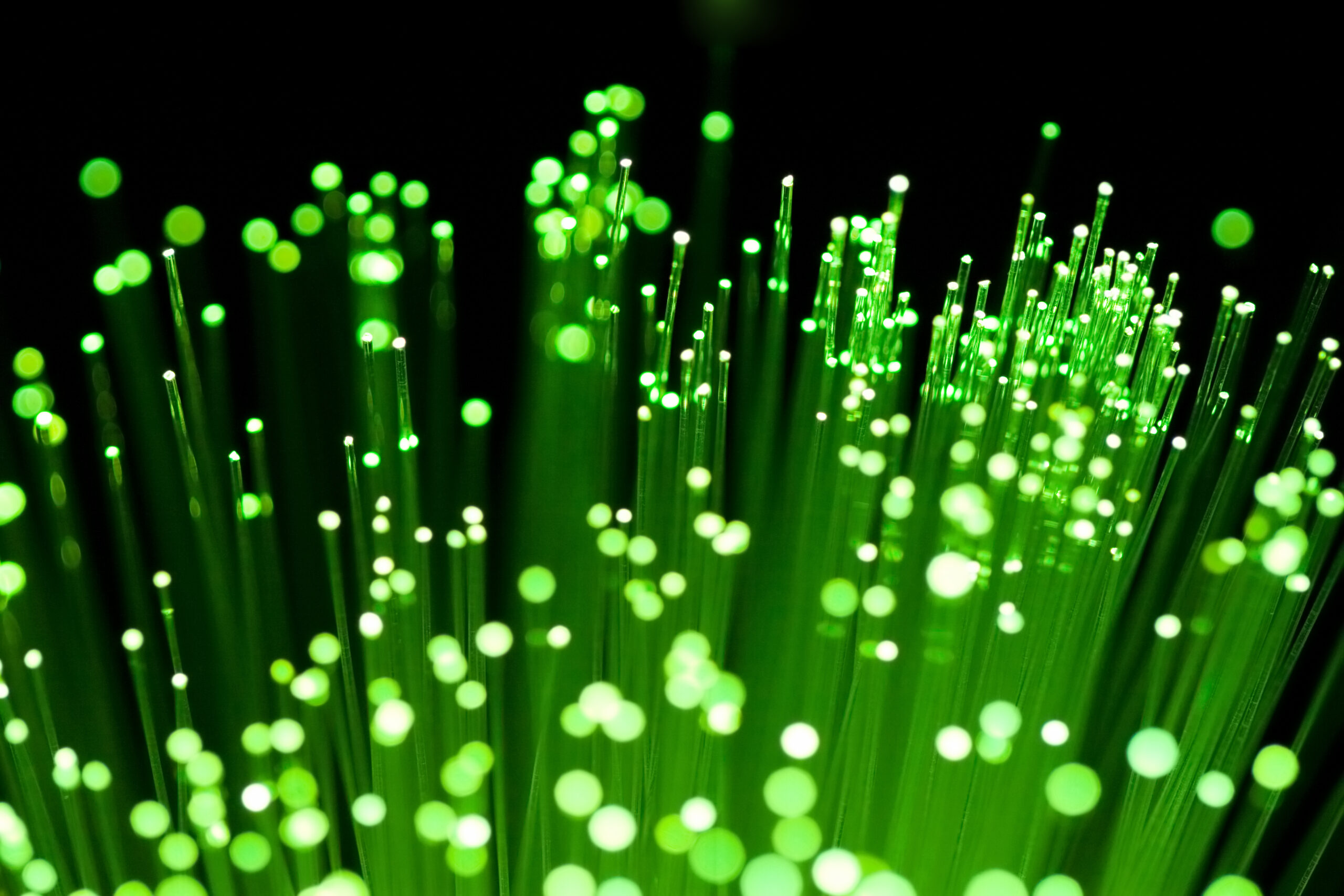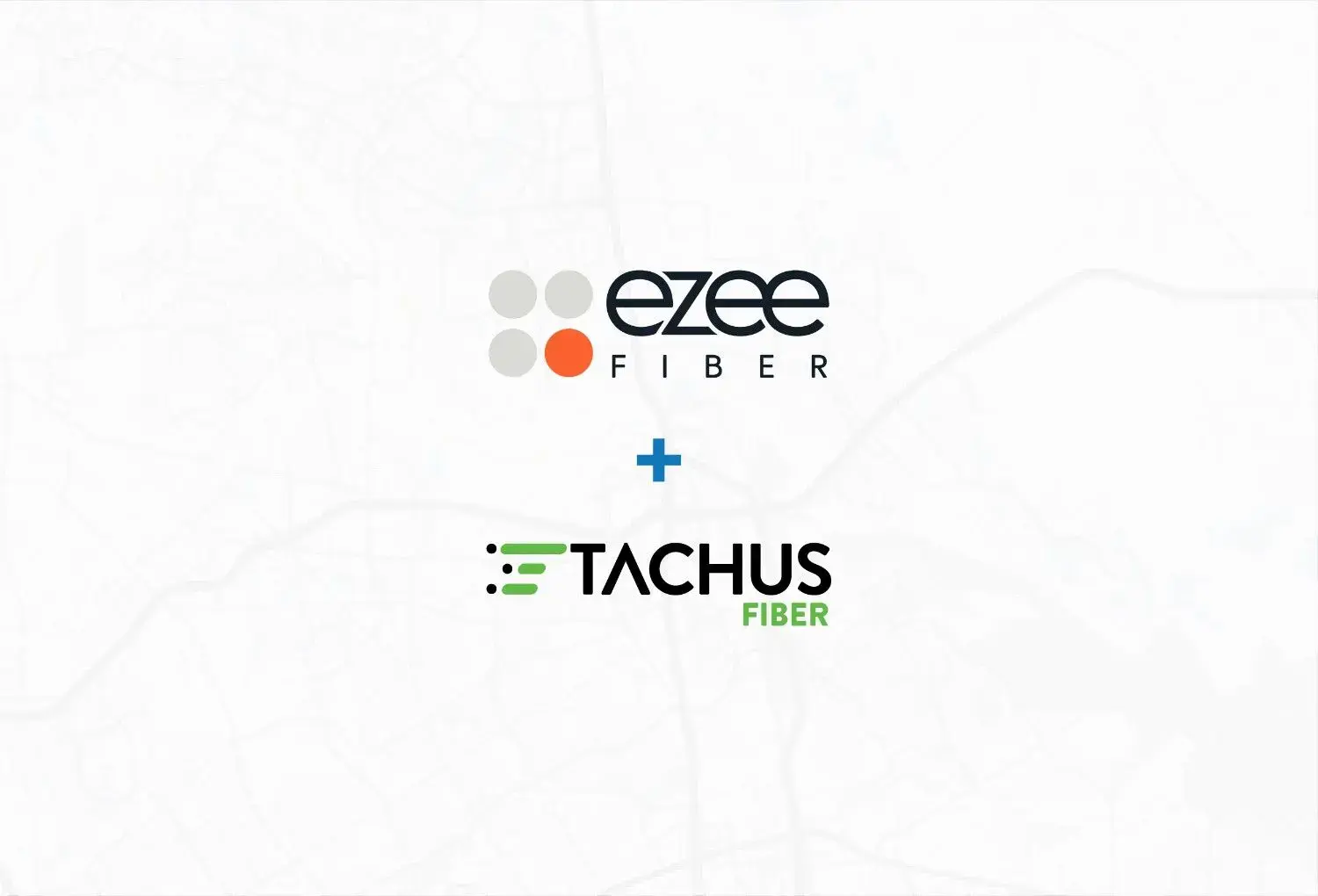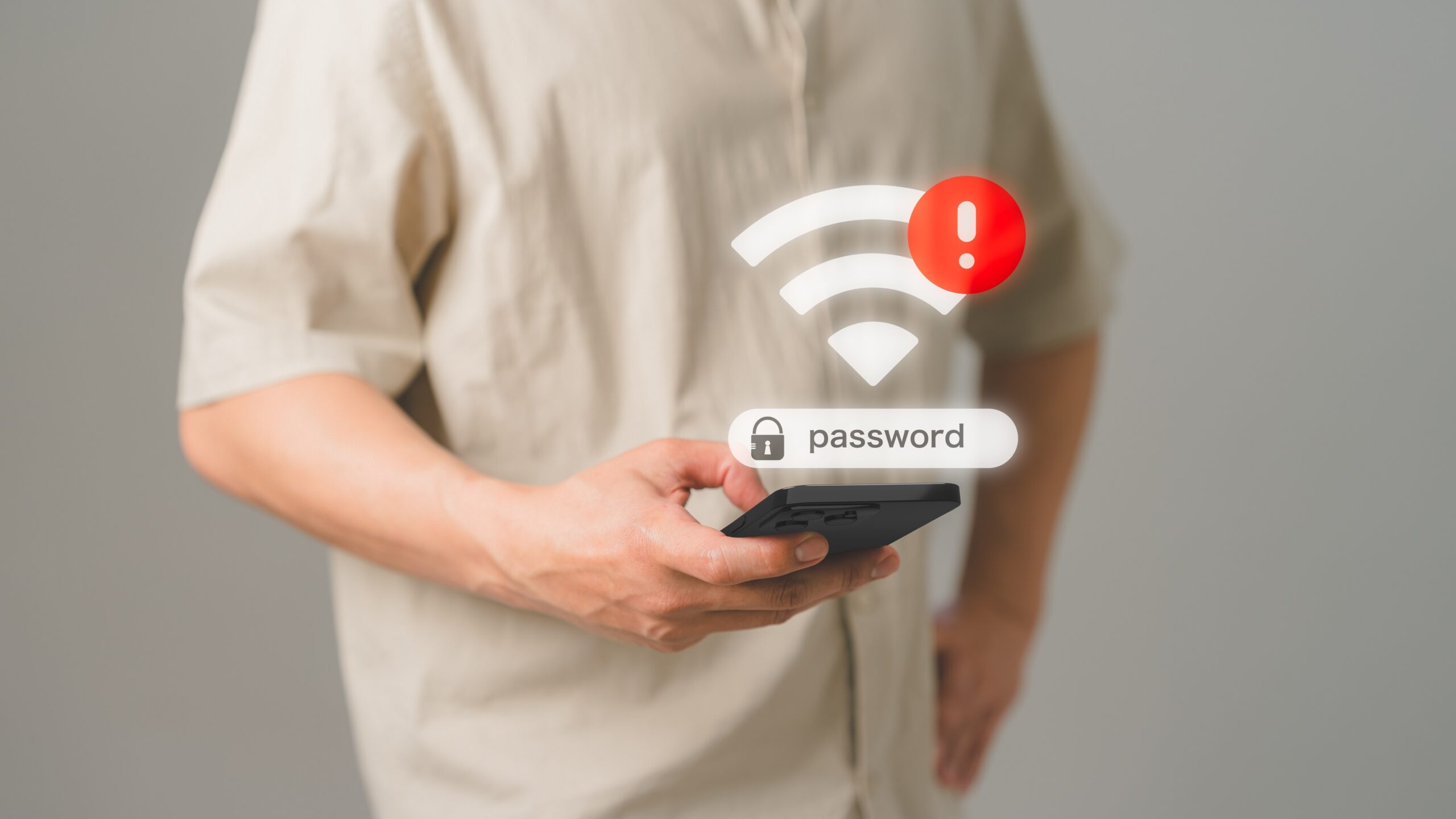Fiber vs. Cable Internet: What’s the Difference?
February 29, 2024 | Tachus Community

While copper cable was previously the basis for home internet, the future of connectivity belongs to fiber optics.
It’s no surprise. When comparing fiber and cable, fiber has consistently proven to be the fastest and most reliable service for high-speed internet.
What’s the Difference between Fiber and Cable?

Fiber optics use thin strands of glass or plastic to send light signals that transmit data at blazing-fast speeds. Coax cable uses an electric signal that travels down copper wiring to transmit data.
This difference in technology enables fiber to provide internet speeds that are faster, more reliable and have lower latency.
Is Fiber Faster than Cable?
Fiber consistently delivers faster upload and download speeds compared to cable.
On average, copper cable can provide residential internet service speeds up to 300Mbps. However, due to higher latency, signal degradation and less durable components, these speeds aren’t always guaranteed with cable.
Fiber is capable of residential speeds up to 10 Gbps, far surpassing cable while also providing amore consistent and reliable connection.
Likewise, we’ve only just scratched the surface when it comes to fiber’s speed. Researchers at the National Institute of Information and Communications Technology in Japan were able to achieve download speeds of 319 terabytes per second using fiber technology in 2021.
Advancements in fiber optic technology have seen consistent improvements to speed and accessibility, shifting the internet industry to be more fiber focused.
Fiber vs. Cable – Who has the Stronger Signal?
Single mode fiber optic cables can carry data transmissions across distances up to 10 kilometers with minimal signal degradation.
Copper cable’s signal quickly degrades past 100 meters.
Because copper signals degrade so quickly, internet users on cable networks are much more susceptible to latency than those using fiber with a dedicated line.
For this reason, many copper cable connections depend on repeaters to pick up signals and boost them over portions of their network.
Likewise, copper cables are susceptible to electromagnetic interference that can cause interruptions to the signal. Because fiber uses light to transmit data, the only way to disrupt its signal would be by damaging the cable itself.
Is Fiber more durable than Cable?
Copper is known to be a malleable material, making it easy to warp or damage during installation or construction. Optical fiber, on the other hand, is more durable, having been reported to withstand up to 800 pounds of pulling tension.
When it comes to mother nature, fiber is also much more resistant to inclement weather than copper cable. Copper is more easily damaged by cold and heat due to its metallic components and is overall more susceptible to outages caused by rain, thunder storms, or heavy snow. Fiber technology is effectively weatherproof, ensuring connectivity even during harsh weather.
Fiber also has a longer lifespan due to its resistance to the corrosion and deterioration that copper cabling is susceptible to. For this reason, fiber can stay in the ground for decades, while cable needs to be replaced roughly every five years. If you see fiber being installed in your neighborhood, it will stay in the ground and serve your community for a long time.
Is Fiber Better than Cable?
Fiber outperforms cable internet by every metric. Fiber has faster speeds, stronger signals, more resistance to signal interference, better durability and a longer lifespan than cable.
The telecommunications industry is shifting towards a fiber focused future. Coaxial cable networks are struggling to keep up with how we currently use the internet. As our needs evolve, the only technology we should use is one that meets not just current demands but future ones as well.
Upgrade to Fiber today!
Are you ready to say goodbye to copper and future-proof your internet?
Tachus offers blazing-fast fiber internet that’s 100%frustration-free!
Tachus isn’t just an upgrade in technology – it’s an upgrade to your entire internet experience. With our 100% local customer service, you can guarantee a frustration-free support with an ultra-reliable connection.
Leave slow speeds, spotty connections, and poor customer service in the past with copper cable.
Upgrade to Tachus today to experience the future of internet!










